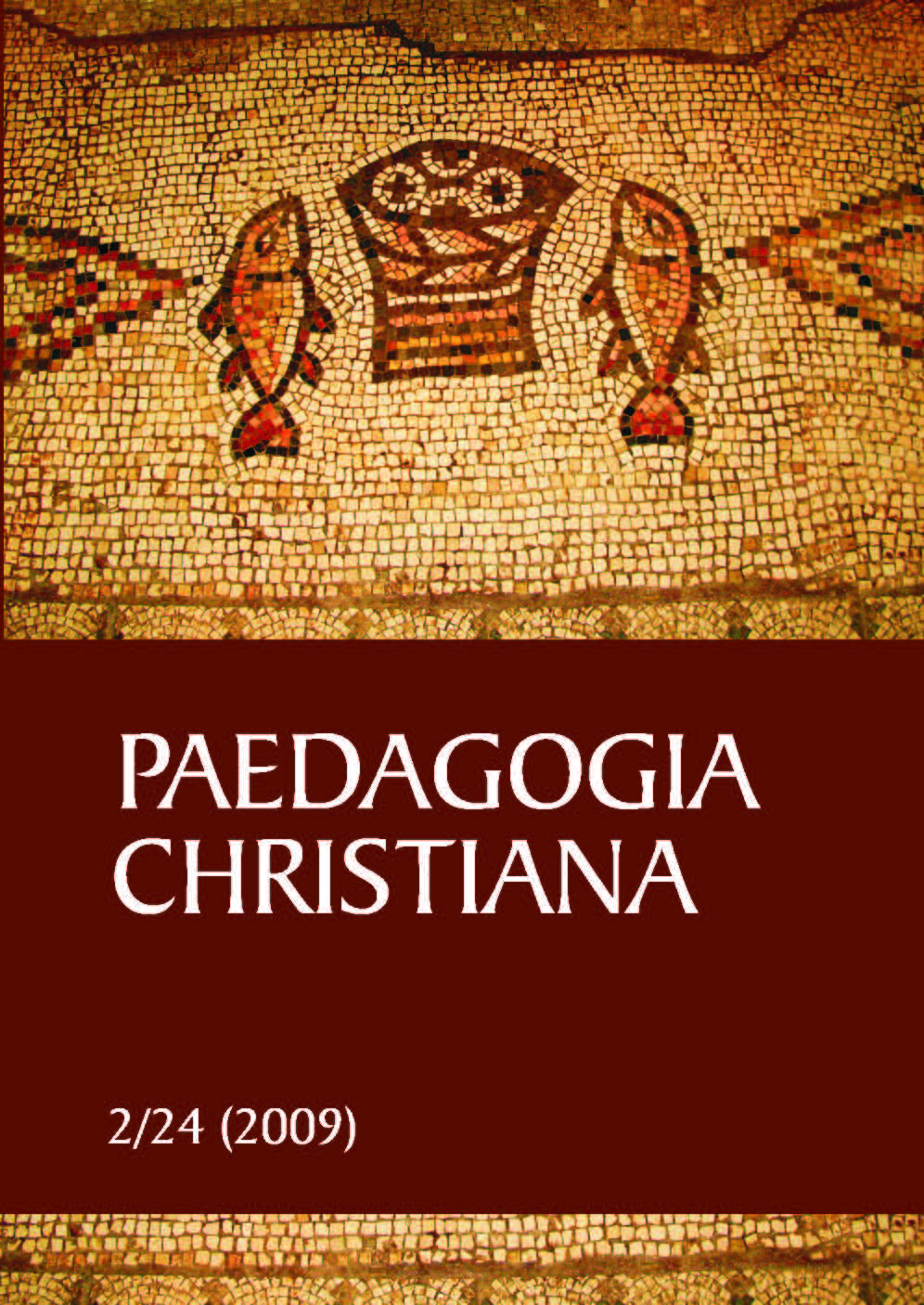Teologiczne podstawy wychowania do galenosfery
DOI:
https://doi.org/10.12775/PCh.2009.034Abstrakt
The term of galenosphere designates the space of silence. Galenosphere, together with logosphere (the sphere of words), iconosphere (the sphere of pictures) and sonosphere(the sphere of sounds) creates mediosphere of the person. The pedagogical and teological interpretation of galenosphere was presented in the paper. The topic is still not described sufficiently, causing a lot of problems not only in theory, but also in practice. The conditions of contemporary lifestyle are unfavorable for practicing silence. Moreover, its marginalization is progressing. The same problem concerns also logosphere.
The need for silence was presented by biblical examples. They show that silence – as creative and very important part of human mediosphere – takes part in personal growth of human being. The development of logosphere, iconosphere and sonosphere are impossible without sonosphere.
Pobrania
Opublikowane
Jak cytować
Numer
Dział
Statystyki
Liczba wyświetleń i pobrań: 683
Liczba cytowań: 0



